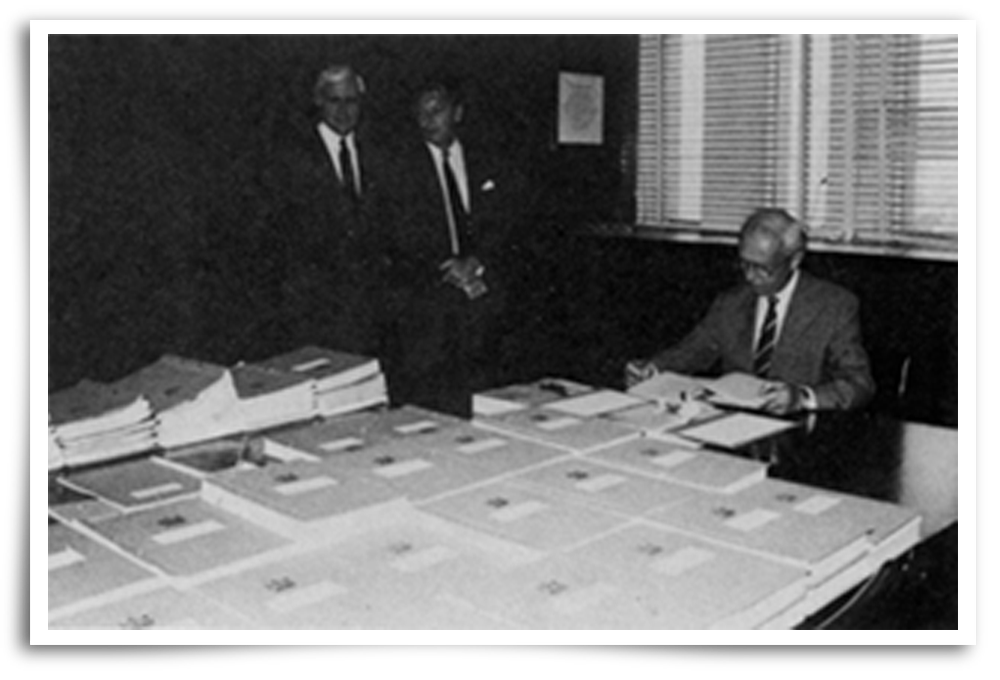After receiving a call from the then Head of Operations Jim Buckle, Lo headed straight back to office. He was given some cash for contingency use. Lo recalled: “It turned out that an expatriate investigator, Steve Sayell, also got a call from Buckle on the same assignment. Sayell was not a member of the Task Force, but he speaks French and his help was enlisted to assist in communicating with the French authorities.”
The first hurdle they had to clear after arrival was the French immigration service. Lo said: “I was in such a hurry that I didn’t have time to apply for a visa. When I went through the French immigration, I had to identify myself and explain the purpose of my trip. To our relief, they issued a ‘visa on arrival’ to me.”
“After clearing the immigration hurdle, we thought the French police would hand over the suspect to us and that we could return to Hong Kong straight away. But in fact the French police had not even made the arrest! Despite our repeated inquiries through the British embassy in France and the local lawyers commissioned by the Hong Kong Government, we were still being kept in the dark about the arrest operation, which the French police had classified as the top secret.” For a time Lo and Sayell were two extremely anxious men, but they had no other recourse than to wait patiently.
Finally, some four days later, Lo and Sayell were informed by the French police to receive their suspect at the airport. “After both parties had signed the extradition documents, the French police handed over to us the former BMFL alternate director, who was then under our full responsibility. However, we possessed no law-enforcement powers outside Hong Kong and could not handcuff the suspect. We therefore had to be on our highest state of alert to prevent the suspect from resisting or running away.”
We had been waiting for three or four days before the French police instructed us to receive the suspect at the airport the next day. We had not booked the air tickets beforehand since we did not want to alert anyone… To guarantee absolute confidentiality, the suspect had to be taken to the airport immediately after arrest.
Frankly, we were worried that the man would resist or even try to escape. If so, we had no recourse but to restrain him until airport security or the police intervened. Fortunately, it was only an 11-hour flight, and we stayed awake throughout.
